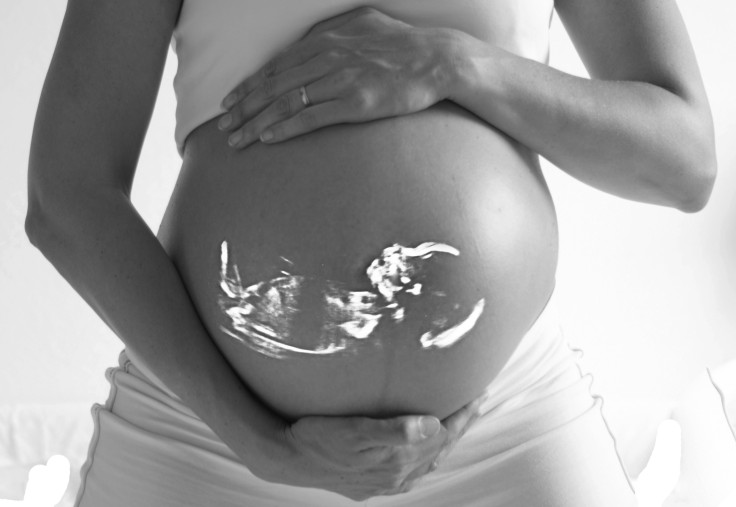Drinking While Pregnant? UK Experts Demand Clearer Guidelines For Women Who Question Their Alcohol Consumption

Don’t drink while pregnant — it’s just not worth it, says a new paper published in the British Medical Journal.
"Alcohol is not essential to the health or well-being of a pregnant woman and is known to be harmful to her baby," wrote retired pediatrician Dr. Mary Mather, and Kate Wiles, an obstetrics research fellow at Guys and St. Thomas National Health Service Trust hospital in England. "The only ethical advice that can be given is complete abstinence from alcohol in pregnancy."
Current medical knowledge only informs women of the consequences that can arise when they drink alcohol during pregnancy, such as fetal alcohol syndrome, mental retardation, development and behavioral abnormalities, and low birth weight. Unfortunately, the research on when alcohol’s effects on unborn babies begins is limited, thus making it unclear when a woman can drink during pregnancy, how much she can drink, or if she can drink at all. Experts admit they haven’t provided a definitive answer because they simply don’t know, which is why some moms-to-be may be tempted to toe the trimester line.
"Pregnant women must know there is no evidence of a threshold level of alcohol consumption in pregnancy below which there can be certainty that exposure is safe," Mather and Wiles explained. "Current guidance flies in the face of evidence and international consensus," and presents a "contradictory, confusing barrage of mixed messages."
The two experts believe pregnant women are largely misinformed about the truth behind gestational alcohol consumption, and that more time needs to be invested into dissecting and delivering the truth. The solution isn’t to advise pregnant women to abstain from alcohol altogether, the authors said, but instead provide a clear and consistent timeline for when exactly the alcohol becomes a threat to the baby’s life.
Recent research has revealed anywhere from 20 to 80 percent of women throughout the world reported drinking alcohol at some point during their pregnancy, with Irish women reporting the highest rate of binge drinking while pregnant (45 percent of pregnancies). Another survey in the UK revealed one out of every 10 pregnant women reported drinking alcohol, and many of them were binge drinking in excess. The amount of alcohol women drank varied largely depending on what country the women were from. Between 15 and 70 percent reported drinking one to two drinks each week during their first trimester.
According to the National Institutes of Health, when a pregnant woman drinks alcohol, it travels through her blood and into the baby’s blood, tissues, and growing organs. The alcohol breaks down much more slowly in a baby’s body, making the baby’s blood alcohol level remain increased for longer than it would in the mother’s body.
"We have produced a raft of conflicting guidance for women," consultant Patrick O’Brien, an obstetrics and gynecology lecturer at the University College London Hospital, commented in a press release. "We need to resolve these inconsistencies, then present the evidence in a clear and unambiguous way."
Source: Mather M and Wiles K. Should Women Consume Alcohol During Pregnancy? British Medical Journal. 2015.



























